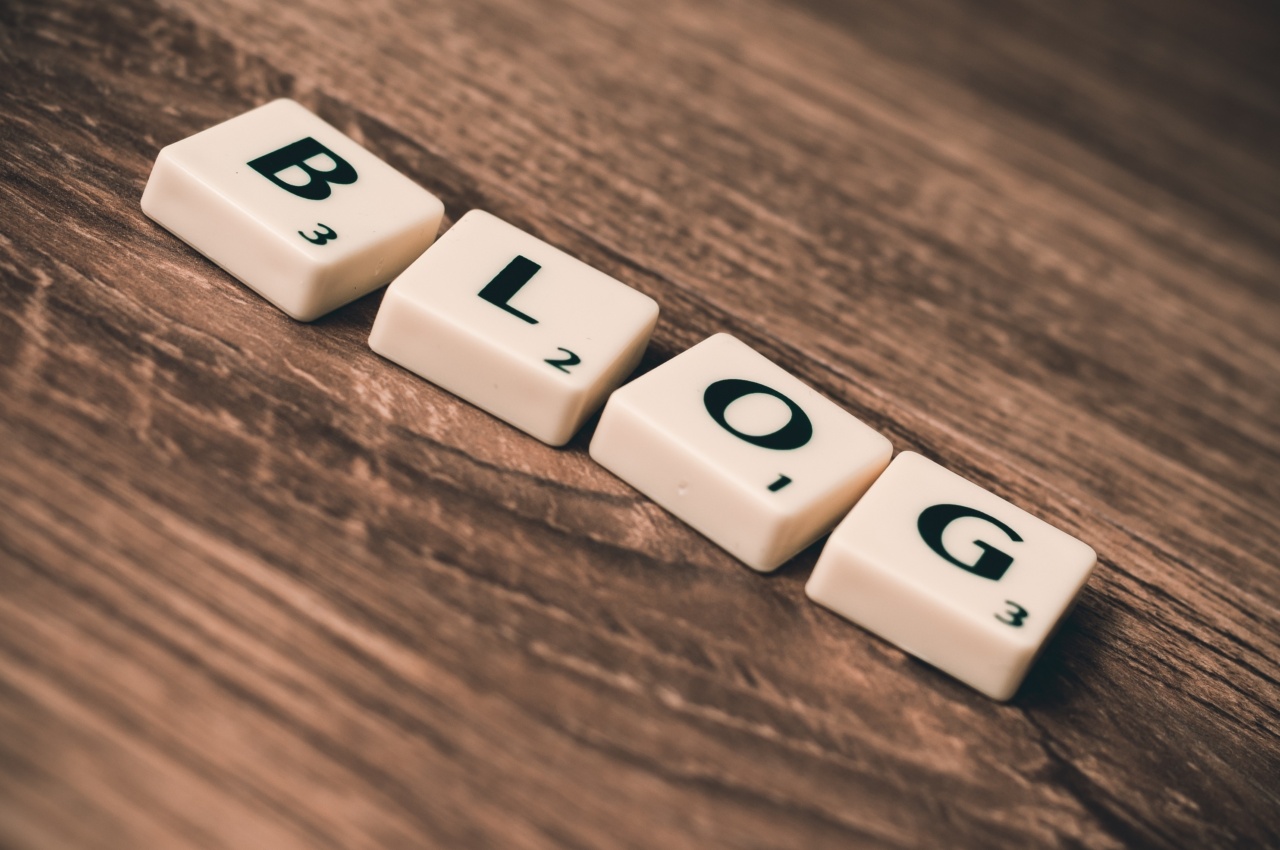Social media has transformed the way we interact and communicate with one another.
It has given us the ability to connect with people all around the world instantly, and has allowed us to share our thoughts, experiences, and opinions with a vast audience. While social media has its benefits, it can also be a double-edged sword. Studies have shown that excessive use of social media can lead to feelings of anxiety, depression, and loneliness.
In this article, we will explore the ways in which social media can contribute to depression and offer solutions to help combat its negative effects.
How Social Media Can Contribute to Depression
Social media can contribute to depression in a number of ways, including:.
1. Comparison
Social media provides a platform for people to present a polished version of their lives to the world. This can lead to feelings of inadequacy and low self-esteem for those who compare themselves to others.
People often feel pressure to present themselves in a certain way online, and this can lead to a distorted view of reality. This can be particularly harmful for people who are struggling with mental health issues, as it can further reinforce negative thoughts and feelings.
2. Cyberbullying
Cyberbullying has become a growing problem in today’s society, and social media is often where it takes place. Cyberbullying can have a profound impact on mental health, leading to feelings of depression, anxiety, and even suicide.
Social media has made it easier than ever for people to bully and harass others, often anonymously.
3. FOMO
FOMO, or the Fear Of Missing Out, is a phenomenon that is often amplified by social media. Seeing images and posts of people doing fun things can leave others feeling left out or like they are missing out on something.
This can lead to feelings of sadness and depression, particularly for those who are already struggling to fit in or feel like they belong.
4. Limiting face-to-face interaction
While social media has made it easier to connect with people all over the world, it has also led to a decline in face-to-face interaction.
Studies have shown that humans need social interaction to be happy and healthy, and the lack of it can lead to depression and other mental health issues. Furthermore, social media can often present a false sense of connection, leading people to believe they are interacting and connecting with others when in reality, they are not.
How to Combat the Negative Effects of Social Media
While social media can contribute to depression, there are ways to combat its negative effects. Here are a few tips:.
1. Limit your social media use
One of the simplest ways to combat the negative effects of social media is to limit your use of it. Set a time limit each day for social media use and stick to it.
This can help reduce feelings of anxiety and give you more time to connect with people in real life.
2. Be mindful of the content you consume
Be mindful of the content you consume on social media. If you find that certain accounts or posts are making you feel anxious or depressed, consider unfollowing them.
Focus on following accounts that inspire and motivate you, rather than those that bring you down.
3. Engage in real-life social interaction
Make an effort to engage in real-life social interaction. Meet up with friends, join a club or group that interests you, or even strike up a conversation with someone at the gym.
Building genuine connections with people can help combat feelings of loneliness and depression.
4. Seek support when needed
If you are struggling with depression or other mental health issues, it is important to seek support. Talk to a trusted friend or family member, or seek professional help if necessary.
Conclusion
Social media has become an integral part of our lives, but its negative effects on mental health cannot be ignored.
By being mindful of our use of social media and making an effort to engage in real-life social interaction, we can combat the negative effects and improve our mental health and well-being.






























